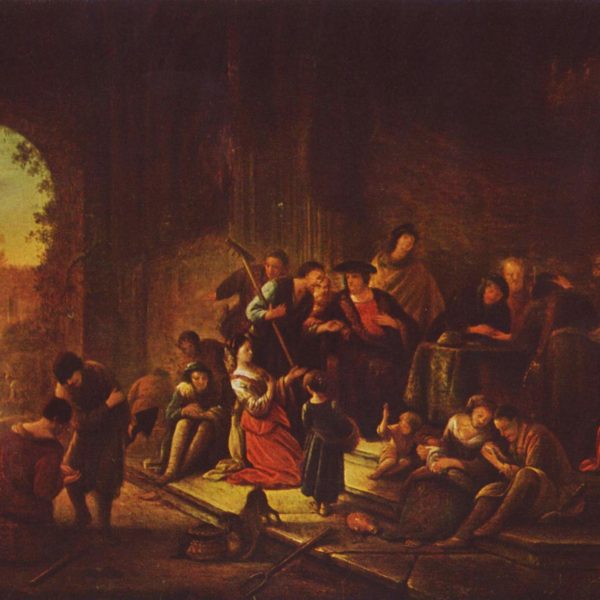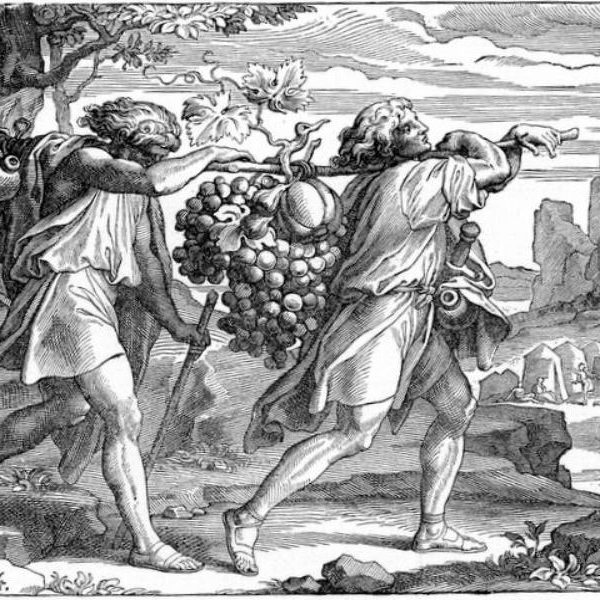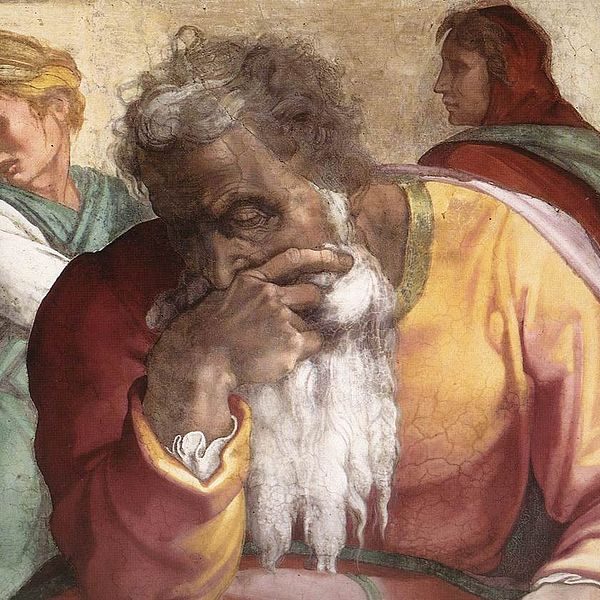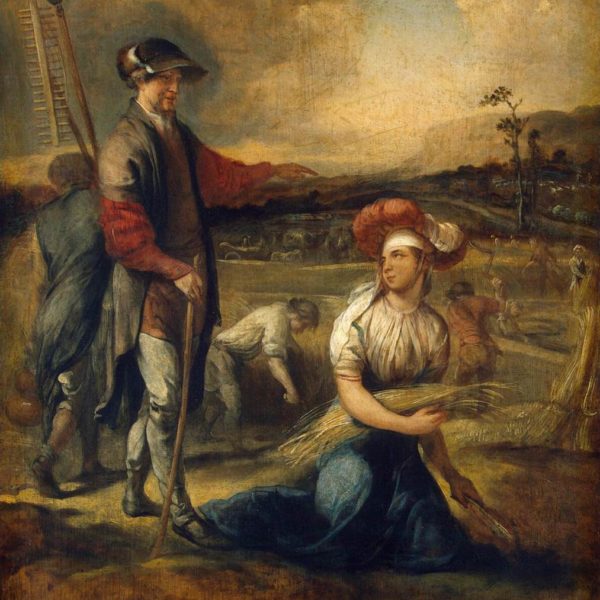
Moses taught Israel that its primary calling as a people before the nations was not conflict but witness through its showcasing of the goodness, wisdom, and righteousness of the divinely given law. Likewise, the chief political task of Christians is found in the cultivation of a quiet extraordinariness in the most ordinary affairs of life.

The promise of the new covenant in Jeremiah 31:31-34 contains political dimensions that typically pass unrecognized, but which provide a rich description of an ideal polity. This prophetic vision can serve as a powerful counterpart and companion to more conventional political utopias and idealized societies.


